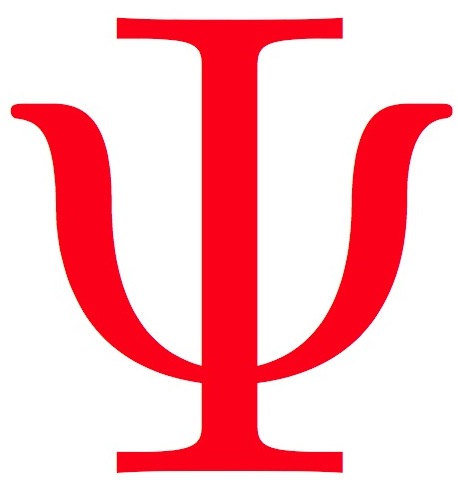Alternatives to Decoherent Histories Quantum Theory
Two theories are different if they make different predictions for the outcomes of measurements and the results of observations. Different theories can be distinguished by test. Two formulations of the same theory agree on the predictions for measurements and observations, but may differ in their scope, starting points, mathematical structure, notions of reality, simplicity, economy of assumptions, familiarity, and intuitive appeal. By definition they cannot be distinguished by test. Lagrangian and Hamiltonian mechanics are different formulations of the same theory --- classical mechanics. Usual quantum mechanics and dynamical collapse models are different theories.
There are many formulations of usual quantum theory each with passionate advocates. Often great stress is laid on how they differ. In the author's opinion it is more interesting to see how they are connected. The author has not got very far with this question. The papers in this section are devoted to the question of how a small set of other formulations of quantum theory are connected with decoherent histories.
What Connects Different Interpretations of Quantum Mechanics? [131]
This essay asks the question: ``Can every formulation of quantum theory be regarded as a restriction of DH?''. It answers affirmatively for three, Copenhagen quantum mechanics, Bohm theory and sum-over-histories quantum mechanics.
Textbook Quantum Mechanics (Copenhagen quantum theory). [cop1]
Two excerpts from other papers demonstrating that Copenhagen quantum mechanics is not an alternative to DH, but rather contained within it as an approximation appropriate to measurement situations.
Bohmian Histories and Decoherent Histories [127]
Shows that one version of non-relativistic, equilibrium, Bohm theory can be regarded as a restriction of DH. Bohm theory's predictions for histories may differ from DH. But its predictions for recorded measurements will agree. Bohm theory and DH could differ in their accounts of the the past history of the universe in quantum cosmology.
Decoherent Histories Quantum Mechanics with One Real History [149]
(with M. Gell-Mann) Shows how a sum-over-histories formulation of DH can be viewed as a classical stochastic theory with extended probabilities that are sometimes negative. Like classical statistical mechanics there is one real, but inaccessible, fine-grained history embedded in a an ensemble of imagined comparable histories. Regularities are described by the extended probabilities assigned to the members of the ensemble by the theory.
